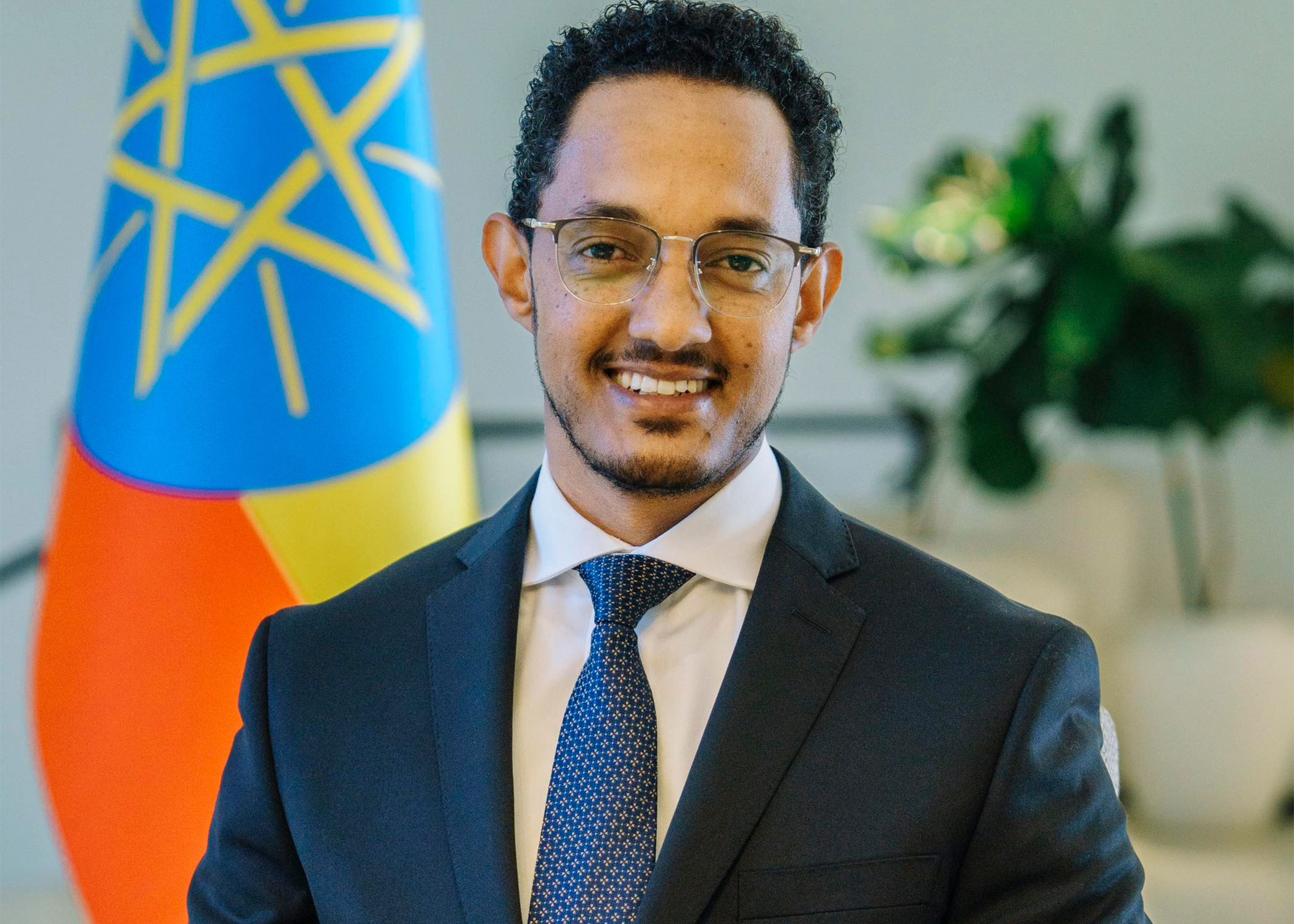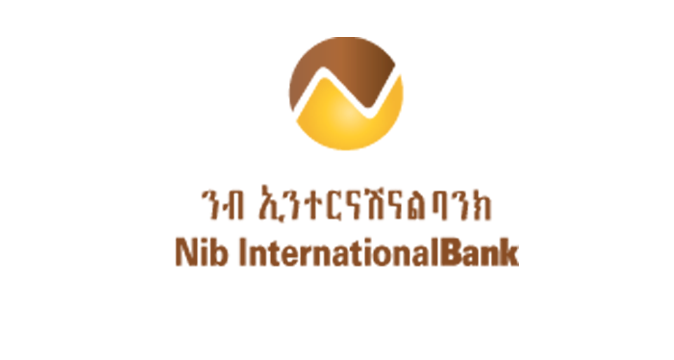
Last week was a shocking revelation for parents who send their children to one of the 84 private schools barred from registering students for next year. Gibson School Systems, which serves over 10,000 students and employs more than 1,500 people, was listed among the banned institutions for non-compliance with the recently enacted curriculum. Over the past two decades, Gibson has made its mark in the education sector, but recently it has faced issues with authorities. Earlier this year, it was restricted for allegedly using English as a medium of instruction, causing students to register under other schools’ names for national exams.
Following the bar, Gibson’s management met with education authorities and city officials, chaired by Mayor Adanech Abiebe, and agreed to comply with regulations in exchange for having their accreditation reinstated.
"I’m writing to inform all parents of this positive development and to encourage you to support the city's direction and leadership,” stated Mohammed Aden, president and co-founder of Gibson, in a letter to parents.
With 802 of the capital’s 1,559 private schools up for renewal this year, the scale of the crackdown by the Addis Abeba Education & Training Quality Control Authority has caught many off guard.
Dagnaw Gebru, head of the Authority, said every institution must comply with national standards and education policies. He observes that the violations had become too egregious to ignore.
"We can't compromise students' future," Dagnaw said. "No one is above the law."
According to Dagnaw, sudden on-site inspections revealed schools violating the recently enacted curriculum, while regular inspections uncovered those failing to meet standards. The Authority oversees about 2,500 schools, including 400 technical and vocational trainers. By next month, Dagnaw expects to release the complete list of permitted schools for the next school year, currently standing at 1,332. He advised parents to register their children at certified nearby institutions, closely monitored by the Authority.
The educational reforms inspired by Scandinavian models are spearheaded by the Minister of Education, Brehanu Nega (Prof). The new reform enacted a couple of years ago includes radical changes such as removing the English language from kindergarten curricula. This philosophy of grounding education in the cultural and linguistic context of the students has sparked debate among parents, educators, and policymakers.
Some parents, unhappy with the revised curriculum, took matters into their own hands. Elda Ayalew sent her daughters to live with their father in Uganda after feeling that the curriculum reforms hindered their potential.
"The changes felt like downgrades, not progress," she told Fortune.
She was particularly taken aback by the requirement to use the mother tongue as the primary instruction medium in primary school, with English treated as just another subject. While missing quality time with her children, Elda believes their prospects will improve with another education system.
"I want my children to be able to speak international languages effortlessly," she said. "It should be a choice."
Her concerns also extend to the quality of textbooks.
"How can 'Baby' be a vocabulary word in an Amharic textbook?" she asked.
Experts have conflicting perspectives on the future of education. Jemal Mohammed (PhD), an education and labour market researcher, said curriculum reform must be tied to financial and infrastructure capabilities to bring quality changes. He recommends establishing minimum requirements for schools instead of drastic upheavals. Instead of banning schools, Jemal believes the focus should be on teachers' attention, technological inputs, and the scholastic environment.
He advocates incorporating English into the local curriculum instead of moving away from it, noting that many educated individuals struggle to convey their messages internationally due to language deficiencies.
"Communication skills are half of the educational package," Jemal said.
Alemayehu Teklemariam (PhD), a lecturer at Addis Abeba University, disagrees. He argued that fluency in English is mistaken for quality education, confusing parents and students.
"Skills that build livelihoods and peace should be the centre of education," Alemayehu said.
He believes the emphasis on quality education has lagged too long. Alemayehu said that schools wanting to continue teaching outside the curriculum could opt for international school accreditation, which has less regulatory oversight and more autonomy.
Apart from introducing stricter examinations, the reform includes specific standards for school infrastructure and class equipment. Yared Abera, the Authority's inspection team leader, said teams spend three days at each school evaluating various aspects to measure a school's standing.
"The schools already know what is expected of them," he told Fortune.
According to Yared, schools scheduled for regular inspection receive notices two weeks in advance, while those checked for curriculum violations are inspected without prior notice. He noted that red notices are given to schools scoring under 40pc, informing them they will not be accredited under their current status while the digital system enhances transparency.
"We want to lower the possibility of fabricated data," Yared said.
While the official believes the schools know what is expected of them, last week’s press briefing caught many off guard. The 1,000-strong Private Schools Association leaders, who learned of the crackdown through media outlets, called for an emergency meeting later in the week.
Abera Tasew, president of the lobby group, was shocked by the long list of sidelined private schools with registration dates set for two weeks.
"We don’t understand what is going on," Abera told Fortune.
He said the lack of communication from the authorities has left many stakeholders in the dark. Abera believes violations concerning the use of the English language contributed to the non-compliance with the curriculum. He fears the difficulties students will face when so many schools suddenly cease operations.
"Eighty-four schools is a lot to contend with," Abera said.
The reforms have impacted decades-old private schools. Solomon Gesese, a major shareholder and manager of St. Michael School, hopes their new application will clear uncertainties for the two-decade establishment. He fears for the thousands of students and 600 employees if the Authority denies their permit renewal. Solomon said they adhered to the changes across their five campuses despite the Authority's conclusions.
"We hope our new application will bear fruit," Solomon said, "but if we are wanted out of the sector, so be it."
For some school owners, the loss of their accreditation is both a financial blow and a passion project up in smoke. Retired university lecturer Guta Kedida learned that the school he co-founded and managed for the past 11 years, Nations New Hope Academy, would not renew its license next year. Located around the C.M.C. area, the school's kindergarten compound was banned due to an expiring rent agreement, while its primary school accreditation is pending further evaluation.
Guta said he has been searching for a compliant compound but has found nothing affordable or adequate. The 102 students looking to enrol must seek alternatives, while the fate of the 32 employees hangs in the balance.
"I just told my employees the news," Guta told Fortune.
Following national curriculum changes, regional authorities adjusted elements to meet specific targets. The Addis Abeba Education Bureau added multilingualism, performance and visual arts, and the Afan Oromo language to the curriculum. The Bureau announced an academic calendar for next year, which all schools in the capital must follow to harmonise academic progress. However, implementing the changed curriculum has not been uniform across all schools.
"There are gaps, especially in private schools," said Abebe Chernet, communications director of the Bureau.
The Bureau provides inputs like textbooks to the one million students in the capital to align with national policy. Abebe noted efforts to ensure students and teachers can compete by enhancing their capacity and strictly examining competency. He expects the city administration's focus on play and physical engagement in kindergartens to yield long-term benefits.
"There are also model schools closely overseen by the Mayor," he said, "to serve as benchmarks for others."
Ultimately, the success of these reforms will depend on the government's ability to balance strict enforcement with the needs and realities of students, parents, and educators. As the comprehensive list of permitted schools for the next school year is awaited, many hope that clearer communication and greater transparency will alleviate some of the current tensions and uncertainties.
PUBLISHED ON
Jun 22,2024 [ VOL
25 , NO
1260]


Commentaries | Aug 26,2023

Commentaries | Jan 22,2022

Fortune News | Oct 26,2019

Radar | Sep 18,2021

Dec 22 , 2024 . By TIZITA SHEWAFERAW
Charged with transforming colossal state-owned enterprises into modern and competitiv...

Aug 18 , 2024 . By AKSAH ITALO
Although predictable Yonas Zerihun's job in the ride-hailing service is not immune to...

Jul 28 , 2024 . By TIZITA SHEWAFERAW
Unhabitual, perhaps too many, Samuel Gebreyohannes, 38, used to occasionally enjoy a couple of beers at breakfast. However, he recently swit...

Jul 13 , 2024 . By AKSAH ITALO
Investors who rely on tractors, trucks, and field vehicles for commuting, transporting commodities, and f...

Oct 11 , 2025
Ladislas Farago, a roving Associated Press (AP) correspondent, arrived in Ethiopia in...

Oct 4 , 2025
Eyob Tekalegn (PhD) had been in the Governor's chair for only weeks when, on Septembe...

Sep 27 , 2025
Four years into an experiment with “shock therapy” in education, the national moo...

Sep 20 , 2025
Getachew Reda's return to the national stage was always going to stir attention. Once...